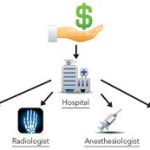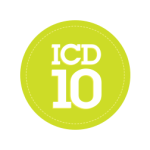
3 Reasons Family Physicians/Patients Are Embracing Private Healthcare
As Obamacare policies have gone into effect, more and more people are realizing their quality of care has been sacrificed. They are unable to schedule an appointment with their doctor, and their insurance covers little of what it used to.
Unfortunately, the Affordable Health Care Act could have used more work before going into effect, and both the doctors and patients are suffering. As people and government officials are beginning to realize, the solution to healthcare cannot be fitted with a one size fits all package.
As a result, direct primary healthcare (private healthcare) and concierge medicine is growing in popularity amongst both physicians and patients. Here are three reasons why.









